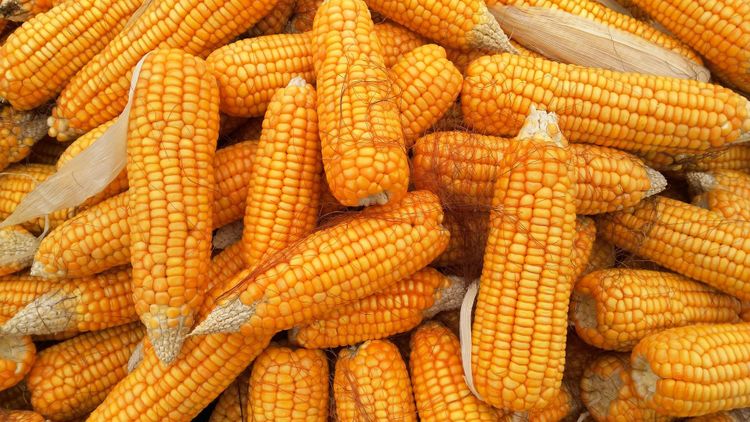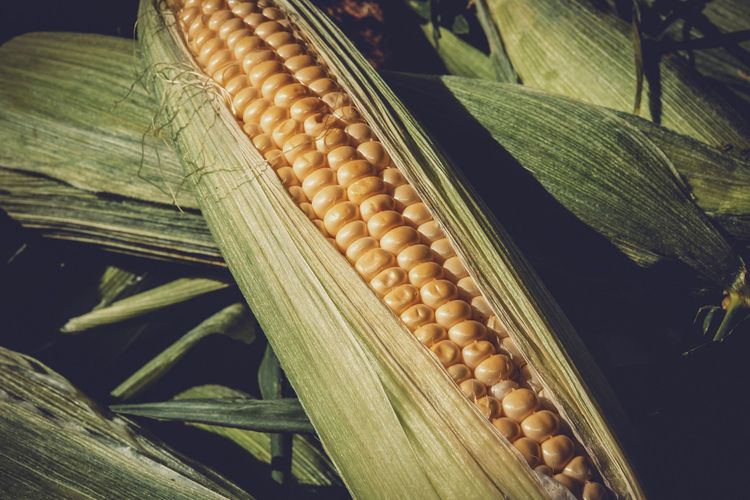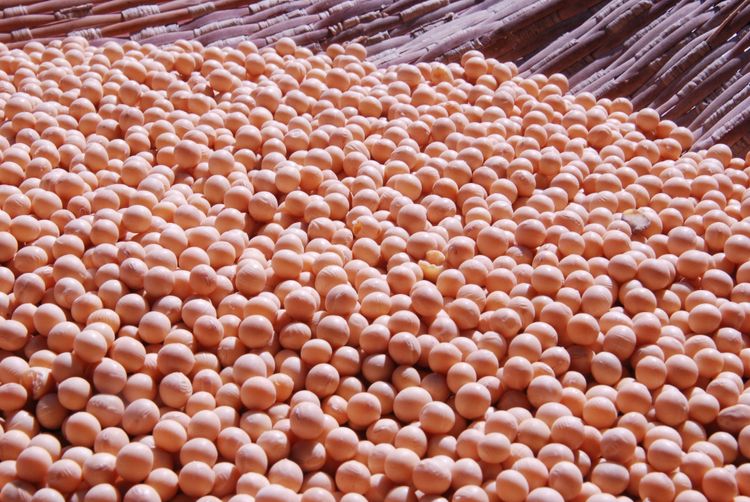Brazil’s Dairy Industry Still Reeling in Wake of Trucker Strike
Brazil’s trucker strike this May halted the country’s economy. And although the strike, triggered by high diesel fuel prices, ended months ago, there are lasting impacts to Brazil’s agricultural sector. Products such as poultry, beef, and dairy were especially hard hit as supplies spoiled in the halted trucks. Economists estimate that the country’s agricultural sector lost a total of $1.75 billion as a result of the strike. The work stoppage—Brazil relies on trucking for the bulk of its transportation infrastructure—added to the country’s political uncertainty as it heads into runoff presidential elections later this month.
Dairy farmers were forced to discard hundreds of millions of liters of milk during the strike because they were unable to store or transport it. As a result, the USDA reports Brazil’s milk production will fall from 26.8 million tonnes last year to 25.6 million tonnes in 2018. During the strike farmers had a hard time supplying feed to their herds, and were forced to lower feed intake. Milking-cow productivity suffered, as did the quality of the product. The strike also caused producer prices to rapidly rise, and with the falling value of the Brazilian real, this caused retail prices for consumers to increase as well.
Dairy industry members are hopeful that production will begin to recover in 2019, backed by sector investment and a more stabilized economy. Currently, production of milk for 2019 is forecast at 26.2 million tonnes. Gro Intelligence provides subscribers with important global dairy data to stay current with market developments.

Brazil has been ramping up milk production in recent years (left chart), but the nationwide trucker strike will reduce output for 2018. Milk producer prices notched higher in the spring as the strike took a toll on supplies (right chart).
 Insight
InsightBrazil Soybeans to Offset Argentina’s Frazzled Crop, Gro Models Show
 Insight
InsightBrazil Seen Ramping Up Corn Production as Global Trade Flows Shift
 Insight
InsightChina Approves More Brazil Corn Imports, Stoking Competition With the US
 Insight
Insight

 Search
Search